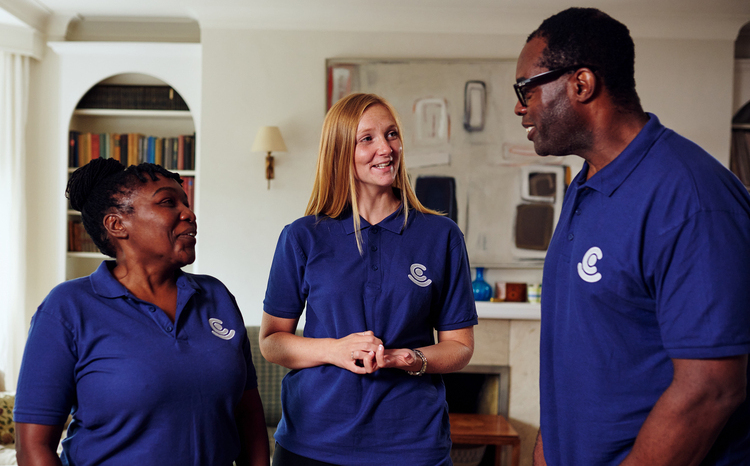WHO Extends Low Cost Access to Medical Journals
- 22 January 2003
The World Health Organisation (WHO) has added 43 new countries to its the Health InterNetwork Access to Research Initiative (HINARI) this week, giving them cut price online access to 2,200 high-quality medical journals.
All of the 43 countries added to the initiative have gross national products per capita of between $1,000-$3,000. They join the 69 low-income countries (GNP/capita below $1,000) already covered by HINARI, whose hospitals, medical schools and research institutions already access the package for free.
The total value of the publication package offered is in excess of $750,000. While the poorest countries can access the publications for free, countries eligible under this second stage will pay an annual fee of $1,000 beginning with a six month free trial. Access for eligible institutions is granted through the WHO portal http://www.healthinternetwork.org.
HINARI has been developed by the World Health Organization and its publisher partners to support the health sector in developing countries by enabling them to electronically access the latest high quality scientific information and medical journals at affordable prices.
Each of the 28 publishers of medical journals participating in the initiative are contributing the fees collected to a fund to train librarians and researchers to make the best use of the information now being made available.
The initiative has been developed under the umbrella of the Health InterNetwork, a WHO-led public-private partnership initiated by UN Secretary General Kofi Annan as part of his Millennium Agenda to narrow the digital divide.
"In HINARI lies the seed of a knowledge revolution," says Dr Gro Harlem Brundtland, WHO Director-General. "The knowledge gap between rich and poor must be overcome if we are to reduce poverty. The information made available through HINARI will help developing countries in improving skills, developing research, and by extension, to save lives."
“It is an enormous challenge for researchers and health professionals to keep up-to-date – even more so when access to information is limited by cost,” says Dr Michael Scholtz, responsible for the Health InterNetwork Initiative.
“By having access to current and high quality journals, developing country scientists have a much better chance of getting published internationally, as they now can write based on up-to-date knowledge about their field.”




